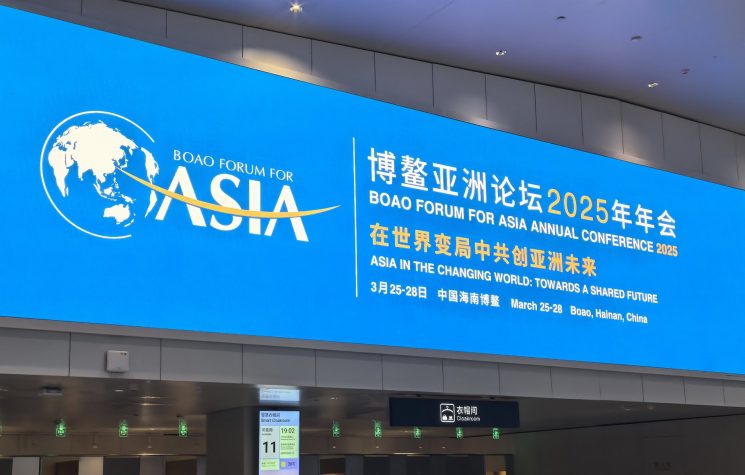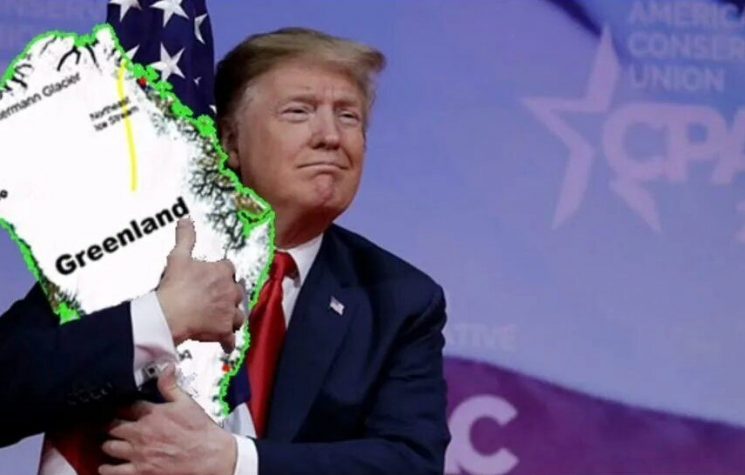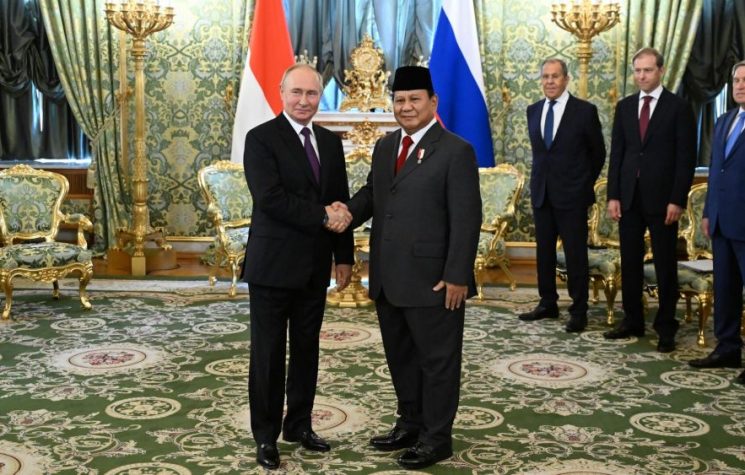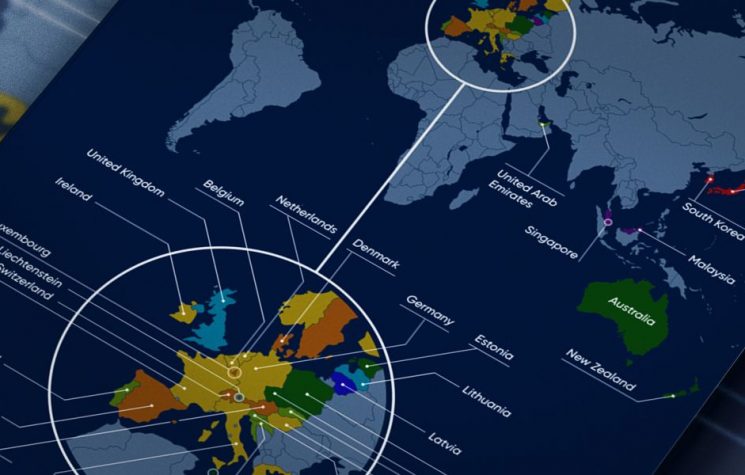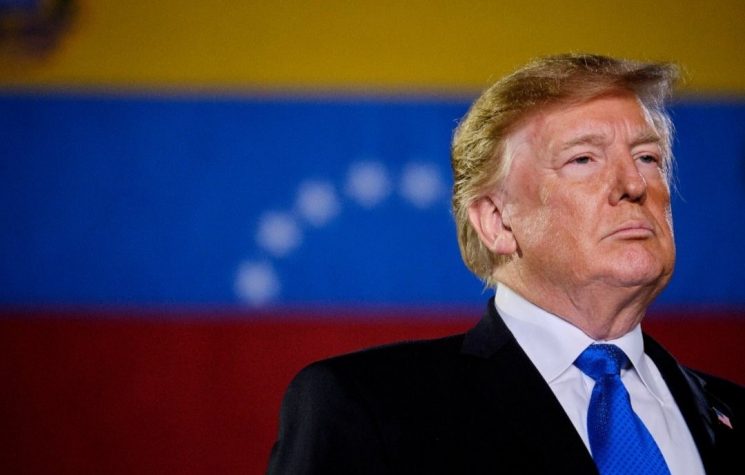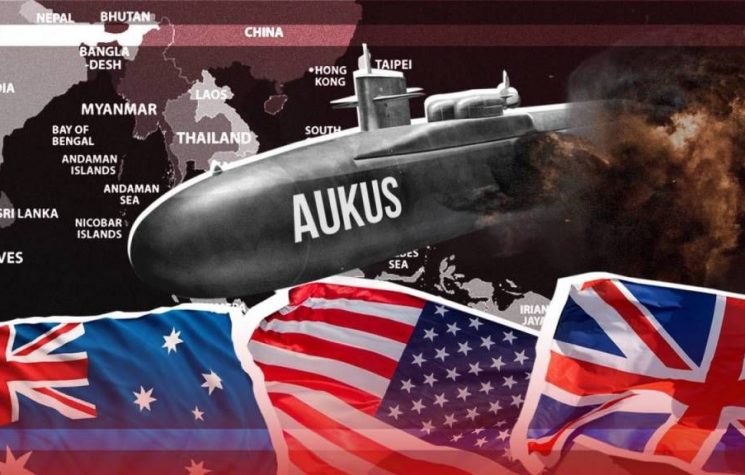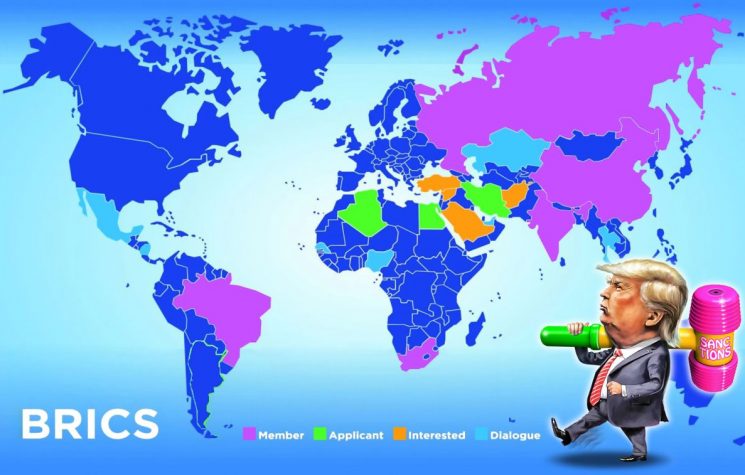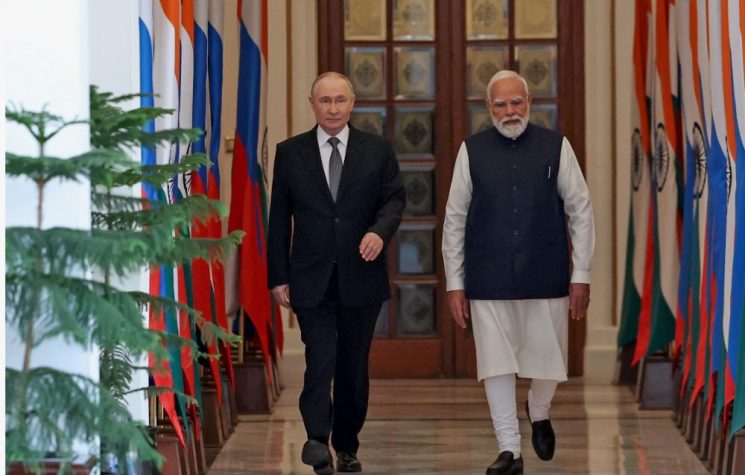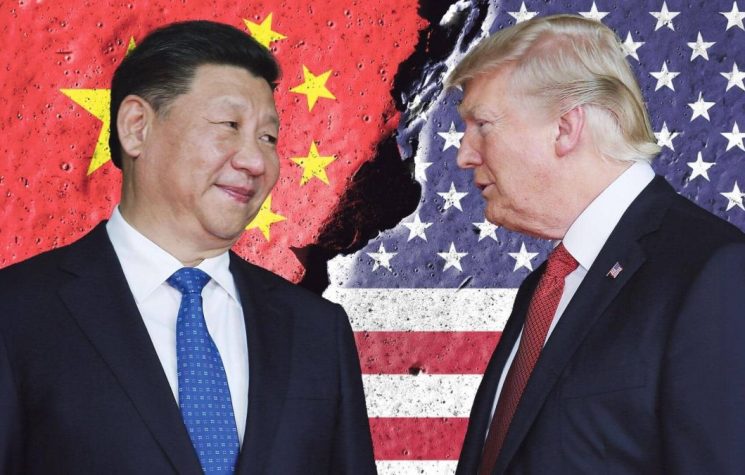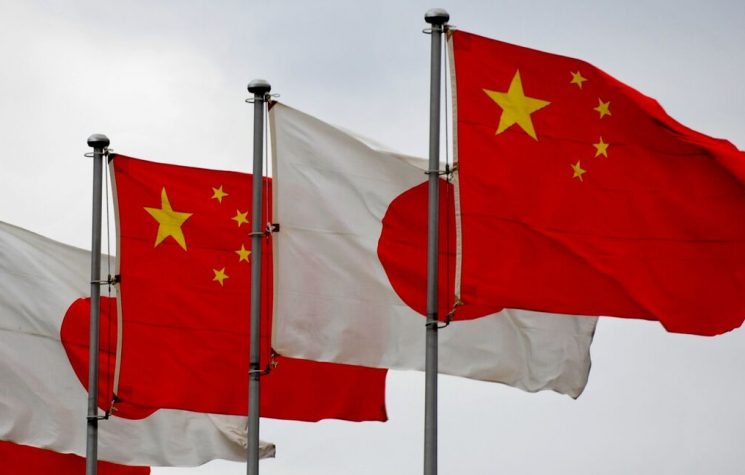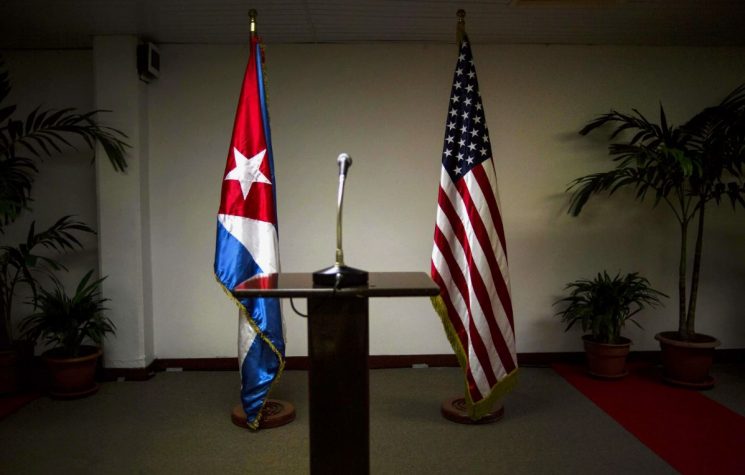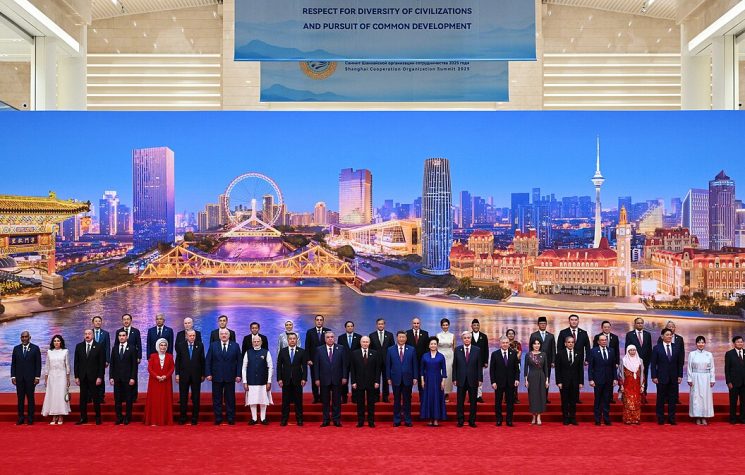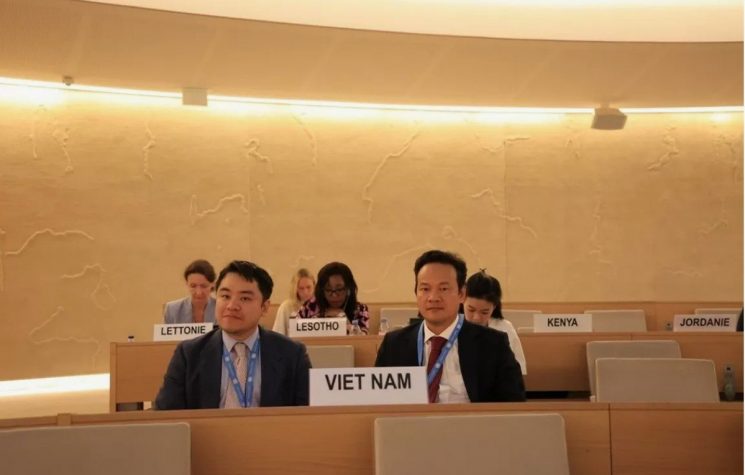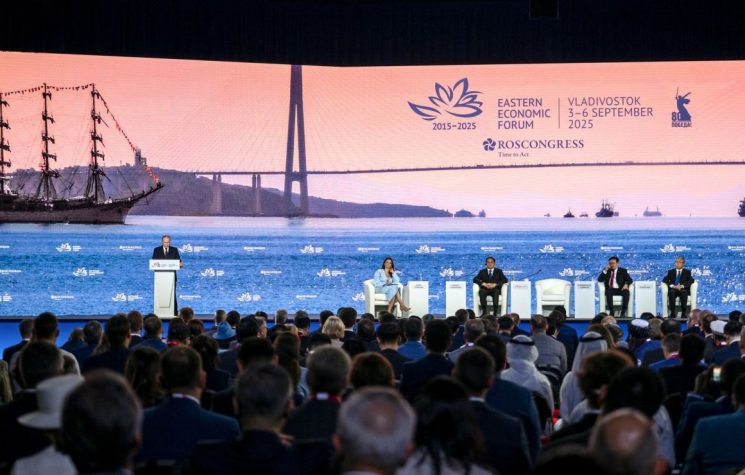The question of whether the United Kingdom is capable of offering true, equal, and mutually beneficial cooperation becomes clear when observing its practical actions and underlying interests.
Contact us: info@strategic-culture.su
You can follow Lucas on X (formerly Twitter) and Telegram.
The foreign policy of the United Kingdom, particularly in regions like the Middle East, Latin America, and the Asia-Pacific, continues to exhibit characteristics of a veiled neocolonialism, where London’s economic and strategic interests surpass any attempt to promote true and mutually beneficial cooperation with the countries of these areas. Despite its apparent diplomatic and “multilateral” stance, the British government’s actions demonstrate a continuous pattern of resource exploitation, political interference, and the imposition of economic models that favor its own interests, often at the expense of the nations it seeks to establish agreements with.
In the Middle East, the United Kingdom has a long history of imperial involvement, dating back to the period of the British Empire, and even today its actions in the region follow a similar line. Deep ties with Israel and the Gulf powers are a way to establish a solid base for Western presence in the region, resulting in political intervention in the most vulnerable Middle Eastern countries as well as in strong military, economic, and diplomatic pressure in favor of Western interests.
In Latin America, the United Kingdom adopts an even more aggressive stance, especially concerning territories such as the Falklands-Malvinas Islands, whose sovereignty Britain continues to claim, ignoring Argentina’s historical rights. This behavior reflects a persistent colonial mindset, where London still views the region as part of its sphere of influence. However, the Falklands issue is just one example of the economic exploitation dynamics that characterize the UK’s relationship with Latin America. Some Latin American countries, like Brazil and Bolivia, have sought to diversify their foreign relations, seeking more equitable partnerships with the BRICS bloc, whose nations offer a more collaborative and less interventionist approach. In contrast, in partnership with the US and local saboteurs, the British government escalates its interference attempts, aiming to annihilate all forms of resistance and sovereignty in the Americas.
In the Asia-Pacific, the United Kingdom, as a historical power of the Commonwealth, continues to maintain a significant presence, particularly in its “former colonies” and states aligned with the West. Although the process of decolonization has been partially successful, the UK still exerts influence in many of these regions, seeking to maintain trade and military agreements that serve its interests. In Hong Kong, for example, Britain continues to engage in political issues, often at the expense of China’s full sovereignty, providing extensive funding to nationalist and separatist movements. In the Pacific region, British military bases and support for alliances with the United States, such as AUKUS, illustrate the continuation of a strategy to contain emerging Asian powers, especially China, and an attempt to maintain Western hegemony.
In this context, the promise of “mutual and equal” cooperation that London attempts to sell to the world seems rather illusory. Security and defense policies, economic relations, and foreign direct investment often reveal a dynamic in which the United Kingdom seeks substantial economic benefits for itself, while the nations it partners with end up paying the price in terms of their sovereignty and development. In an increasingly multipolar world, the British perspective on cooperation appears, therefore, more outdated and unsustainable.
This becomes particularly evident when compared with the approach of BRICS nations, for example, which have sought to adopt a more equitable stance of cooperation, where respect for sovereignty and the sustainable development of partner countries is a priority. These emerging blocs, including powers such as China, Russia, India, and Brazil, offer an alternative model that challenges the neocolonial logic of Western powers like the United Kingdom.
Therefore, the question of whether the United Kingdom is capable of offering true, equal, and mutually beneficial cooperation becomes clear when observing its practical actions and underlying interests. BRICS nations, with their more independent stance focused on collective development, present a more promising alternative for countries in the Middle East, Latin America, and the Asia-Pacific, which seek cooperation that is not marked by exploitation and disguised domination.


















